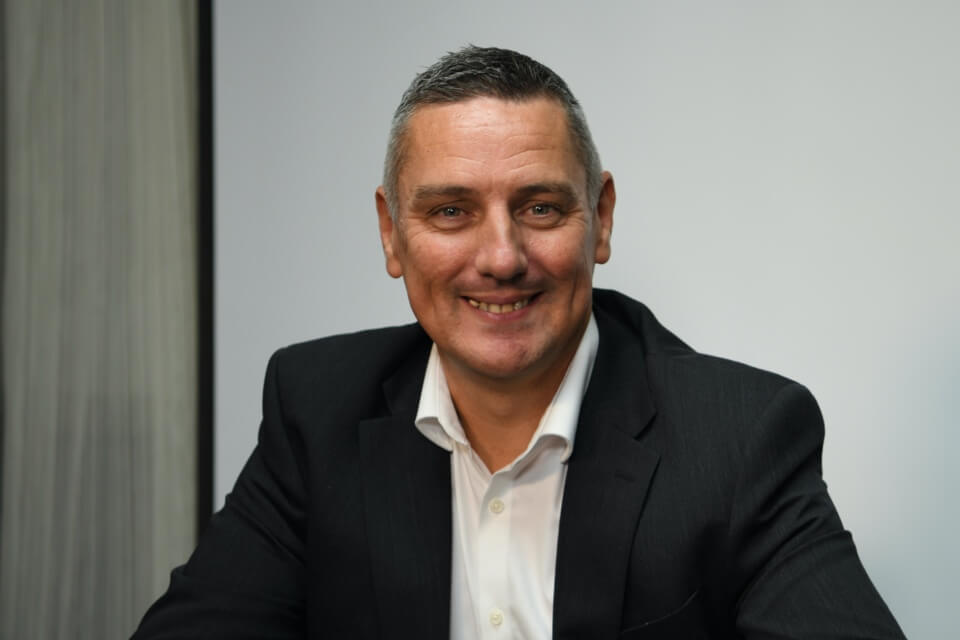When you start earning, you may not be thinking about saving. You’re probably thinking about spending – and why not? You’ve worked hard to get to the stage where you’re earning a healthy wage, and you’ve lived on what can seem like a shoestring for long enough.
But it’s important to remember that saving is an equally important part of earning – not just for a rainy day, but also for life’s big milestones. These milestones might include buying a car, a house, getting married or starting a family.
So, what do you need to know when it comes to thinking about saving for the future? We sat down with Iain Stevenson, Head of Dental at Wesleyan Financial Services, to get his well-informed view.
Where to put your savings
The big question is often whether it’s best to invest your money or use a traditional savings account to start your saving journey, and the answer will depend on your personal circumstances.
When considering where best to place your hard-earned money, you should think about your end goal, timeframes, attitude to risk, affordability and tax position.
What is right for one person may not be right for you, so it’s certainly worth taking the time to discuss your circumstances with an expert.
How to think about savings
When it comes to financial planning and saving, you should think about your short, medium and long-term goals.
Start by considering any expenditure you might expect within the first five years of your career (such as buying a car or needing a rental deposit), and make sure you have access to the funds that are required.
Then, jump forward to the longer term where you might want to consider what life looks like in ten, 15, or even 20 years’ time.
Don’t put off medium-term goals
Planning for the medium term can be difficult. There will be times within the next five to ten years where you might need to access cash, but you may not know when, how much, or what life events will happen.
As a result, people tend to postpone making medium-term decisions that can prove to be costly. This is because you miss out on some excellent opportunities to save and invest. The key is to ensure that your plans provide the level of flexibility you need when it comes to your contributions and the access you have to your cash.
Savings may offer you more security for your money, especially when you bear in mind that the value of your investments can go up and down (meaning you could get back less than you invest). But over the long-term (a minimum of five years), investing could yield greater results.
Habits and changing lifestyles
There are two important tips to consider in your approach to saving.
Firstly, ensure that you create a savings structure as early as possible. This structure will help you to develop saving habits over the short, medium and long term that will set you in good stead for the rest of your career.
Secondly, make sure your structure is flexible. This will allow you to adapt to life’s twists and turns, making sure you’re not hampered when it comes to meeting the needs of your changing lifestyle.
Review and check
Finally, once you’ve built up a savings and investment portfolio, it’s crucial to review it regularly to ensure it is performing well and is still in line with your evolving priorities and goals.
It’s important to recognise that you have more flexibility than ever before in terms of where and how you save, so ensure you speak to a specialist to help find the best plan for your personal circumstances.
If you would like more information on the things you need to think about when you start earning, download our Financial Survival Guide now.
